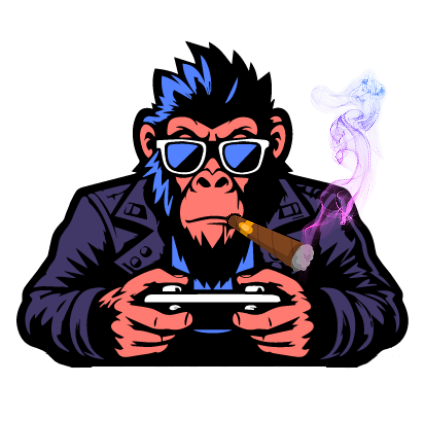
- arrow_back Home
- keyboard_arrow_right Highlights
Ghibli-Style AI Art Takes Over ChatGPT
HighlightsJournal 127 Ömer Yakabagi March 27
If your social feeds have turned into a dreamy, anime-soaked wonderland, you’re not alone.
The internet’s latest obsession?
AI-generated Studio Ghibli-style images, transforming everything from historical icons to meme culture into magical stills straight out of My Neighbor Totoro.
But here’s the plot twist: this viral trend is powered by OpenAI’s new GPT-4o model, and it’s already shaking up the creative world, including mobile gaming.
Isn’t it illegal?
AI’s Copycat Moment: The Copyright Storm Is Here.
AI giants like OpenAI are already under fire for using creators’ work without consent, and a new viral image generator just turned up the heat.
Here’s why it’s a tipping point: Artists recognize their own style. This tool mimics with eerie precision, revealing that copyrighted works were likely used to train the AI.
It skirts the law, not the ethics. The AI alters just enough to dodge infringement, but it still feels like theft to creators who poured time and soul into their work.
No clear licensing deals. No transparency. Just a growing list of frustrated artists…
A fresh wave of lawsuits is coming 🚀
GPT-4o: Your New Creative Co-Op Partner?
GPT-4o is a multi-modal beast—trained to understand not just text and code, but also images, and soon, maybe video and sound. You can upload an image, type “make this a Studio Ghibli scene,” and in seconds, BOOOOM, it delivers.
This is just the beginning.
You now have a lightning-fast concept artist on your team from another angle, +1.
To Try:
- Log in to ChatGPT with a Plus, Pro, or Team account.
- Make sure you’re using “GPT-4o” as your model.
- Upload your game assets or concept sketches.
- Ask it to reimagine them in any style—Studio Ghibli, cyberpunk, pixel art, you name it.
It’s image generation built for speed and style-shifting.
Why Free Users Got Benched
This feature was supposed to roll out to everyone. But OpenAI CEO Sam Altman said the demand was so high, they had to pull back on launching to the free tier:
“images in ChatGPT are wayyyy more popular than we expected (and we had pretty high expectations). rollout to our free tier is unfortunately going to be delayed for awhile.”
So for now, only paying users can ride the Ghibli wave.

The Ghibli Dilemma: Inspiration Or Imitation?
Not everyone’s clapping. Hayao Miyazaki—Ghibli’s legendary founder—famously recoiled from early AI-generated animation, calling it “an insult to life itself.” And while the AI doesn’t technically copy copyrighted content, the style mimicry hits a nerve for die-hard fans.
Mobile game studios and creators should take note: using AI-generated content in your projects is incredibly tempting, but it comes with a need for taste, originality, and sometimes, a bit of legal foresight.
Let’s see what’s next over there!
Source: VentureBeat







